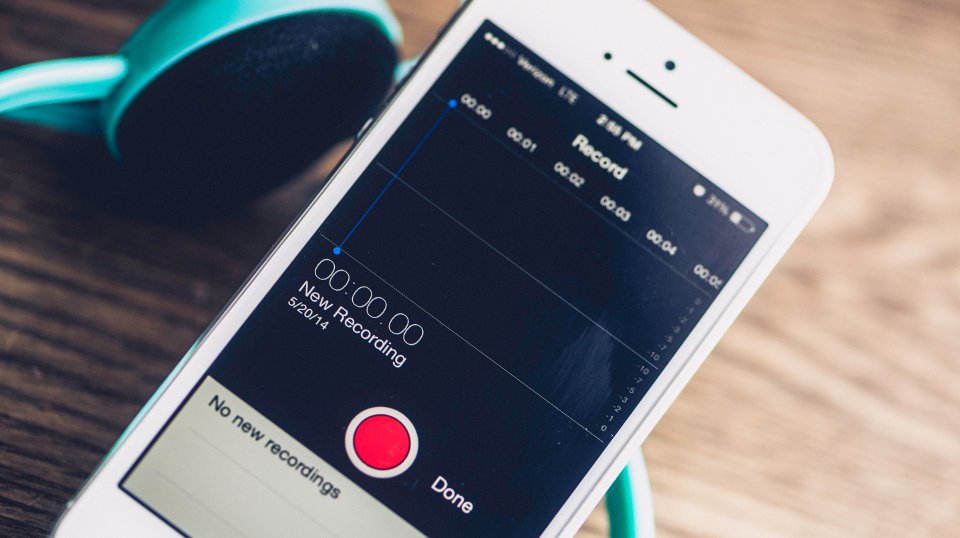Not long ago, when a consumer was in a dispute with any entity (car dealership, big box store, credit card company) the best they could do during a phone call was to try to keep accurate notes.
It was your word against the company in many cases. Photographic proof is always nice, but today a recording of your conversation can help you make a compelling case during a dispute.
According to section 183.1 of the Criminal Code of Canada, you can record any call as long as at least one person in the conversation consents to the recording taking place.
There has always been a lot of confusion over who can record a phone call. There is a big difference between intercepting private communication and recording your own conversation on your phone.
This also applies to recording an in-person conversation, such as a traveller talking to a gate agent at an airport or recording an announcement the pilot makes during a flight.
It is perfectly legal to record a call and to use it as evidence in a dispute. If you are participating in the phone call and want to record that conversation, then the “one party consent” exception applies.
Simply put, it means that any time one of the people involved in the conversation agrees to being recorded (consent), then you are free to record the conversation. And you are the person who consents - so you are really ready to go.
There is some debate around whether individuals morally should declare during the call that they are recording the conversation. You may want to let the other party know that you are recording, but it is not required. If you are a lawyer, you are prohibited from recording a client call without the client’s permission.
If you need help recording a call, there are apps that can make that simple to do.
We know the laws on recording calls do vary from country to country - which in the past has confused some Canadians.
Businesses must secure customer consent and you may even call a government office and hear that the call is “being recorded for quality control purposes.” So recordings made by a business fall under the Personal Information Protection and Electronic Documents Act (PIPEDA) or other provincial legislation.
If you call an airline, you will note they notify you in a recording that “your call is being recorded for monitoring and training purposes.” They are already recording you for their purposes, so feel free to record what is said in case you need that evidence.
When it comes to protecting your rights and ensuring that your money - money paid in good faith - comes back to you and your family, recording your calls with airline representatives can make the difference between a win and a loss.
A picture used to be worth a thousand words.
Today, your recorded conversation can provide irrefutable evidence that your rights were denied.


